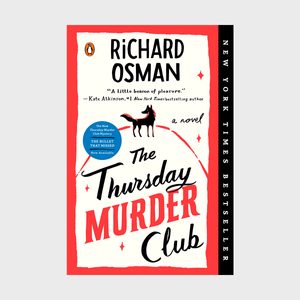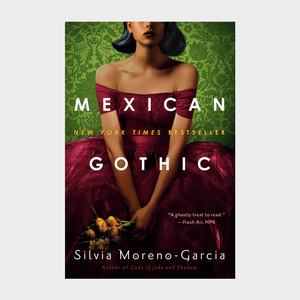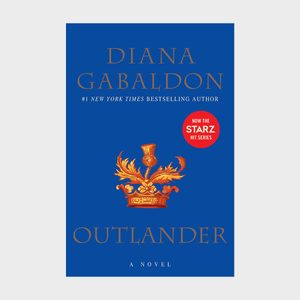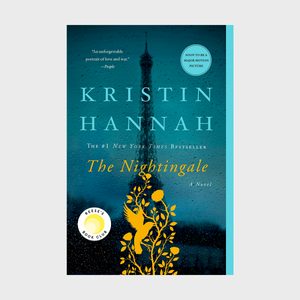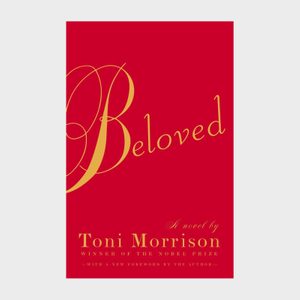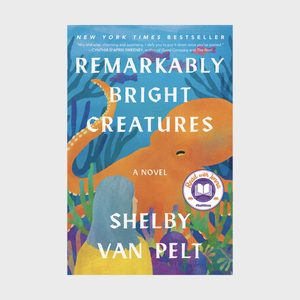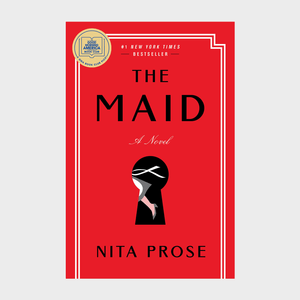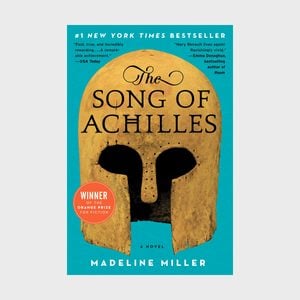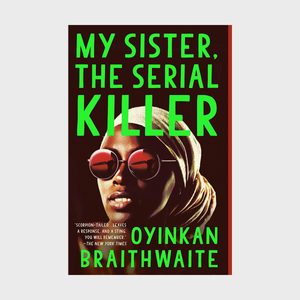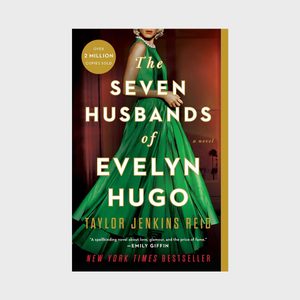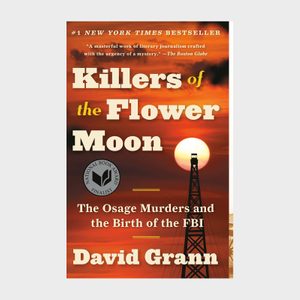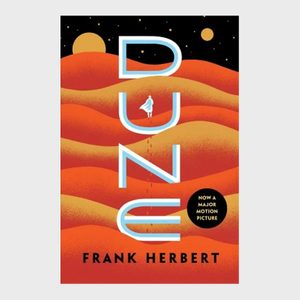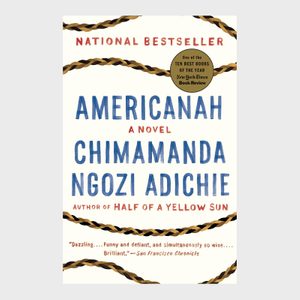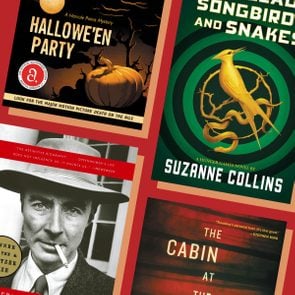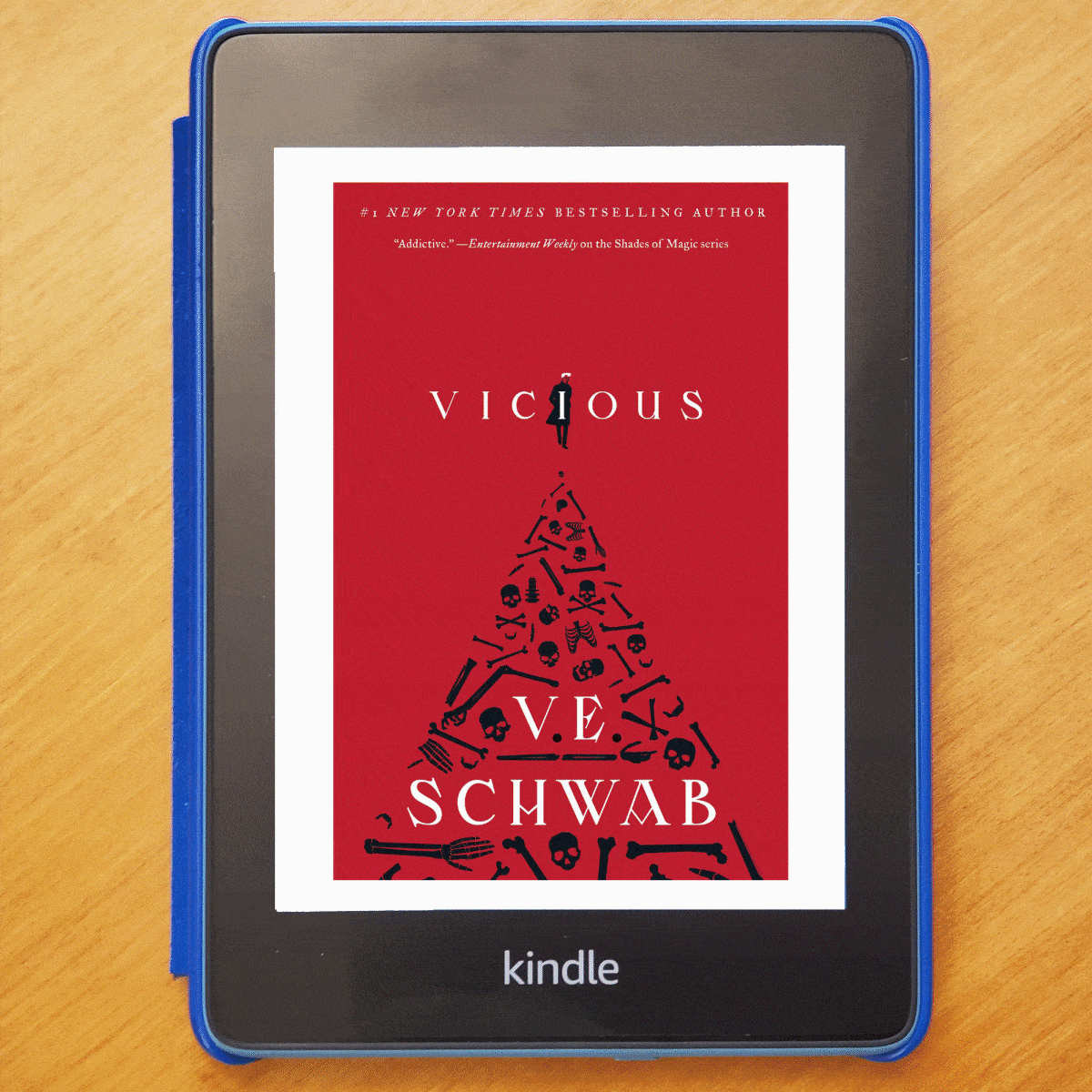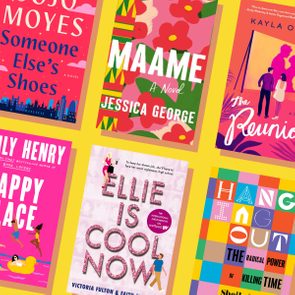Here’s Why You Get a Book Hangover—and How to Get Over It
Updated: Mar. 13, 2024
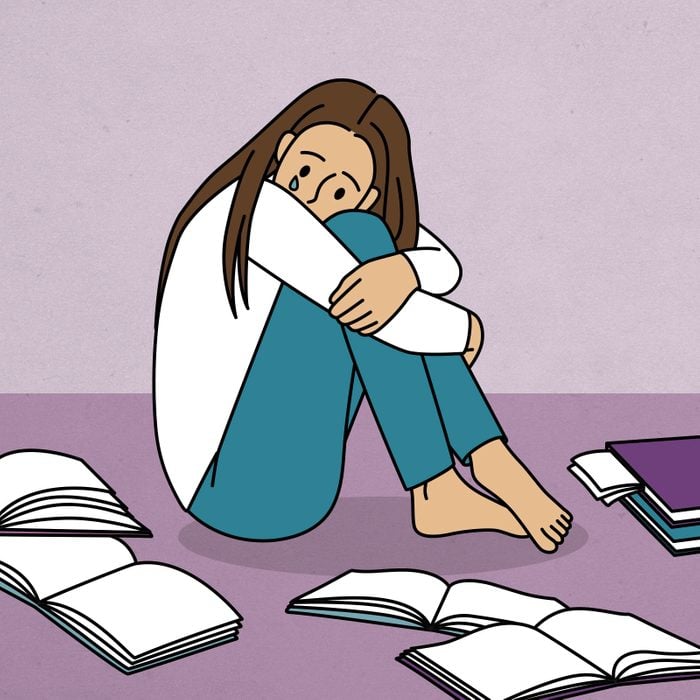
Can't stop thinking about the book you finished last week? Classic book hangover. Here's why it happens, plus how to get over the sadness of leaving a fantastic fictional world.
Picture this: You’ve just reached the last page of one of the best books you’ve ever read. It’s time to scrounge up something for dinner, but you find yourself staring into space, fighting back tears. The two flames whose love story made your heart ache, or the vibrant fantasy world where you rooted for new friends to overcome evil against all odds? Well, now they’re only alive in your mind. If you’ve ever wondered how to move on with ordinary life after a great book, you’re not alone—you’re experiencing a book hangover.
Book hangovers feel different for everyone. Do you have a hard time letting go and moving on with your day after reading sad books or feel-good books? That’s a book hangover. Are you still daydreaming about living in your favorite fictional world days after finishing the novel? Book hangover!
Of course, there’s a scientific explanation for this phenomenon, and it’s closely tied to the benefits of reading (and the importance of reading!). To find out what’s going on in our brains, we talked to two Los Angeles–based clinical psychologists: Renee Solomon, PsyD, the CEO of Forward Recovery, and Kristen Roye, PsyD, the vice president of clinical operations at Destinations for Teens. We also asked Reader’s Digest Book Club members for their tips for getting over book hangovers.
Join the free Reader’s Digest Book Club for great reads, monthly discussions, author Q&As and a community of book lovers.
OK, but are book hangovers actually real?
“Book hangover” isn’t an official term, but the experience is very real. Many avid readers report feeling a little blue after finishing a great book.
“We get very sad when a book ends,” says Solomon. “It is as though we are losing our world and the characters in it.”
Making the loss even more painful is the fact that the fictional world and its made-up characters are often better than our ho-hum reality. “Sometimes real life simply cannot match the emotions and adventures that a novel can,” says Roye. “It may take our brains some time to adjust.”
Feeling blue about the doldrums of daily life after an exciting book is kind of like a mental or emotional hangover. Maybe you feel depressed about leaving the world of a romantic beach read. Or maybe you feel numb and bored with your life after experiencing the thrill of high-speed chases and espionage in your favorite mystery or thriller.
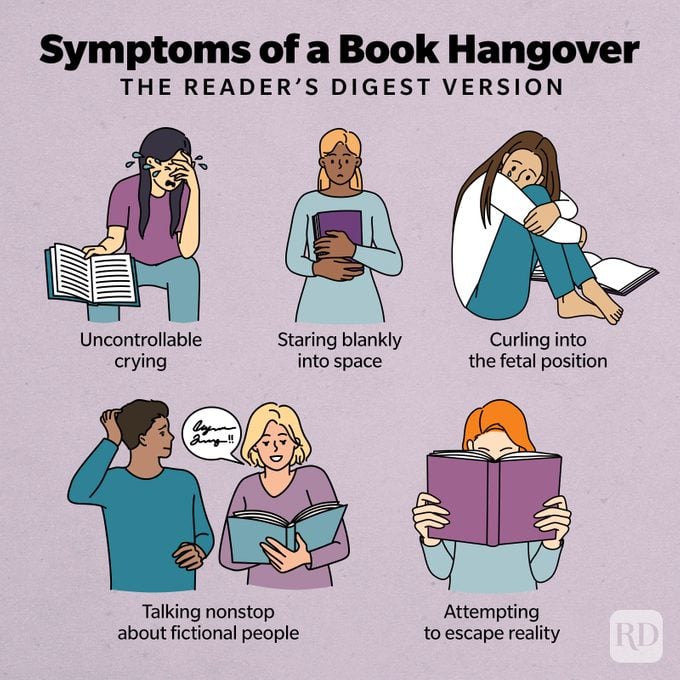
The science of a book hangover
So, what’s the psychology behind this curious phenomenon? Well, there are a few factors at play.
You’re sad that it’s over
First things first: You might just be sad that the book is over. One minute, you’re on the edge of your seat, racing through chapters at 2 a.m. to discover whether your new friends will plummet to their deaths, solve the crime or get their happy ever after. The next, you’re staring down the day’s to-dos, and the prospect of filing your taxes doesn’t give you the same thrill. (Or any thrill.)
Ending a great book is like completing a fantastic movie or vacation. It’s normal to feel a bit blue that the good times are over.
You’re jolted back to reality
It doesn’t take sci-fi or fantasy to flee the tethers of the real world. Any book genre can offer an escape to the right reader.
“Reading allows us to enter another world,” explains Solomon. “We can also enter and leave this world as we choose, which creates a freedom that we don’t have in our real world.”
In other words, reading puts you in the driver’s seat. You can put the book down if the plot makes you tense or pick it up again if you want to escape real life for a few minutes. Losing this control—and losing your new world simultaneously—might make you feel lost and out of sorts.
You’re emotionally spent
To understand a book hangover, it helps to know what goes on in your brain when you read a great book. Why do mere words on a page make us laugh or ugly-cry, for instance?
“As we read, our brains experience what the characters are experiencing,” explains Roye. That means getting lost in the hero’s high-speed chase will make your adrenaline spike too. And if your favorite character is falling in love? “You guessed it,” she says. “Your brain will think it’s also experiencing the feelings and emotions associated with love.”
Feeling what the characters feel is what makes reading so wonderful. But getting emotionally engaged with the story can be exhausting, especially when the roller coaster ends and the characters are no longer there to fuel your mind and heart. Unless the book was read aloud, the actual humans in your life didn’t experience these highs and lows with you.
The upside of a book hangover
Book hangovers are no fun, but they’re proof that books of all kinds—fiction and nonfiction, romance and suspense—can make a deep impact. They’re also a sign of emotional intelligence and a chance to flex the empathetic part of your brain.
That’s doubly true for fiction books. Roye says feeling what a character feels can help you develop greater empathy in the real world and, ultimately, become a more emotionally intelligent person.
“We can consider new thoughts and ideas that we may otherwise have written off as unimportant or too different from our own views,” she explains. That’s why diverse reads—think: books from authors who are Black, Asian, Native American, Latinx, LGBTQ+, disabled and beyond—are so crucial.
Emotional intelligence doesn’t just benefit the people around you either. Solomon suggests that allowing yourself to feel the highs and lows along with your favorite characters is good practice for your own roller coaster of life.
“Reading allows us to experience our feelings on our terms in a safe environment that we enter and exit at will,” she explains. “Reading is an amazing escape.”
How do you get over a book hangover?
A book hangover, like nostalgia, is a bittersweet ache. The pining for a fictional world might last a day or several weeks. Whether you’re stuck on a great vampire book, historical fiction novel or cozy mystery, staying steeped in the feeling for a little longer is OK. But if you’re ready to let go, our experts and a handful of Reader’s Digest Book Club members have some smart advice for what to do after you finish a book.
1. Pick up a new book
“I always have another unread book ready to read to cure that previous book hangover,” says book club member Lori Ferguson. “Hair of the dog that bit you!”
Carrie Myers agrees. “I try to find another book by the same author, or a book about the same subject, to keep the feeling going,” she says.
In fact, several book club members said picking up a new book is their favorite cure for a book hangover. Research shows that reading is great for your mood and brain, so why not dive right back in?
Books that’ll sweep you up in a new adventure
2. Reread your favorite parts
Sometimes the best way to get over a book hangover is a good old-fashioned reread of your favorite passages. If you love a story so much that you can’t let it go, why not indulge your heart and revisit those beloved characters and worlds?
Books you’ll want to read again and again
3. Recommend it to others
If a story is good enough to give you a book hangover, why not spread the love and help your pals read more books? Book hangovers aren’t all bad, after all. Plus, sharing the book with a friend will allow you to rehash your favorite parts (more on that below).
“I start spreading the word on how wonderful the book was in the hope that it will still live on in my friends and family,” Rachel Harper shared with book club members. “And bonus: They want to talk about it later, and I get to relive it all over again!”
Books we recommend
4. Rehash the plot with a friend
“I like to take a few minutes to rehash the story in my mind,” says book clubber Karen Thiede Scott. “I also like to discuss the book with another reader. I like to hear their perspective.”
Reading stimulates the brain’s pleasure centers, causing the release of mood-enhancing neurotransmitters, explains Solomon. Research shows that friendship also benefits our moods and satisfaction. Intertwining a love of reading and friendship will help you feel better during a bluesy book hangover.
Books to talk about with friends
5. Take a break from reading for a few days
Remember, a book hangover is sometimes a good thing. If a plot hits you right in the feels, it’s OK to take time to reflect on it.
That’s what book club member Cathy Vanish does. “I sometimes have to take a couple days’ break, as my brain is still kind of in that world,” she says.
And she’s not the only one who thinks letting the book settle in is helpful. “I have to take a minute (hour, day) to think about the book, say goodbye to the characters and come to grips with the fact that the people and places aren’t just carrying on in ‘space’ without me,” wrote Jennifer Wyatt.
More books to cure your reading hangover
Looking for your next great book? Read four of today’s bestselling novels in the time it takes to read one with Reader’s Digest Select Editions. And be sure to follow the Select Editions page on Facebook!
Sources:
- Renee Solomon, PsyD, CEO of Forward Recovery
- Kristen Roye, PsyD, vice president of clinical operations at Destinations for Teens
- PLOS ONE: “How Does Fiction Reading Influence Empathy? An Experimental Investigation on the Role of Emotional Transportation”
- Genus: “Social relations and life satisfaction: the role of friends”


